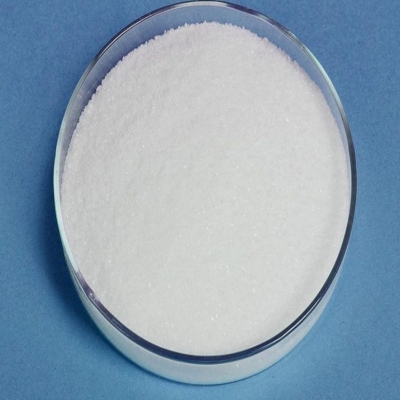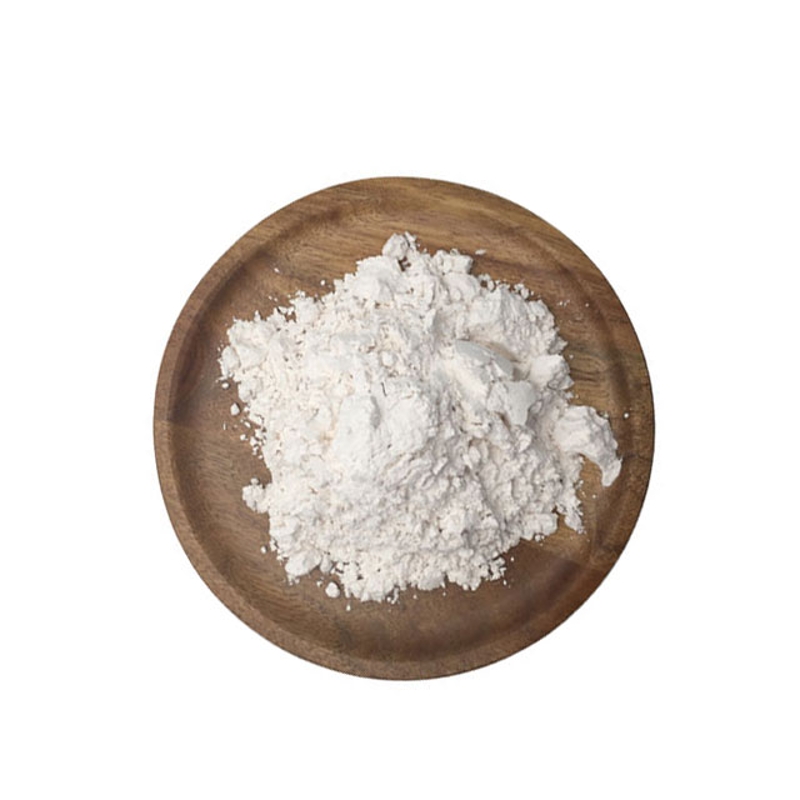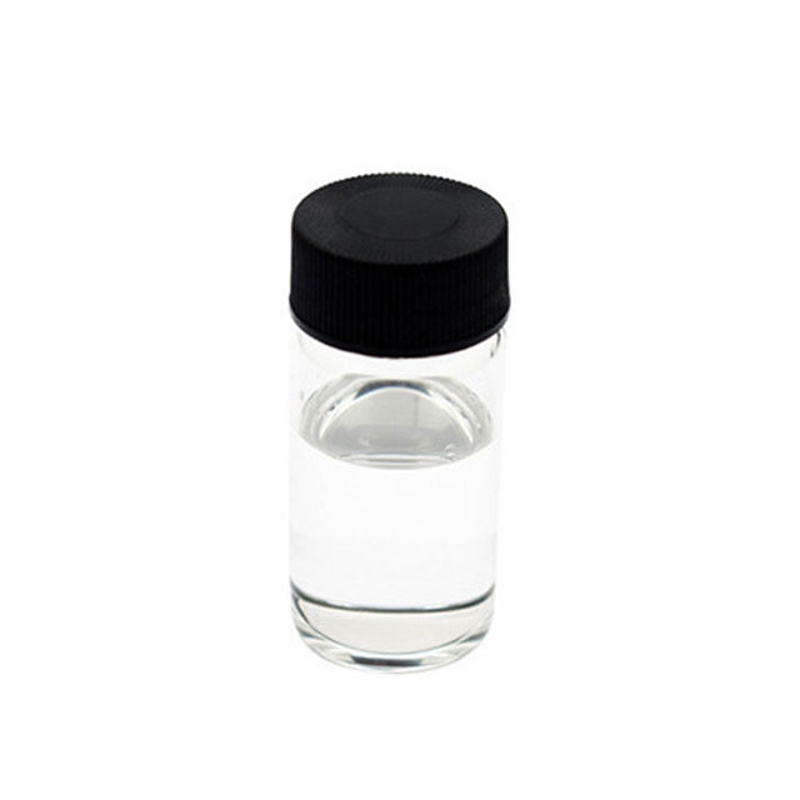Skin Cells Trans-Stem Cells: Hard to Think of Not Being Praised
-
Last Update: 2020-07-06
-
Source: Internet
-
Author: User
Search more information of high quality chemicals, good prices and reliable suppliers, visit
www.echemi.com
the result of the conversion of skin cells to stem cells provides a model for scientific research in humansWhen human scientific research conflicts with society or culture, is it to stop research or to continue the conflict, or is it a secret study, or is it a different way?Time magazine recently ranked the top 10 scientific discoveries of 2007, with American and Japanese scientists topping the list of breakthroughs in stem cell researchTwo research teams in the United States and Japan have confirmed that skin cells can be converted into cells with embryonic stem cell properties after "direct genetic recombination"The stem cell research is not so much favored by Time magazine as much by professionals and the public, as it is the result of a public voteThis achievement provides a model for scientific research in human beingsWhen human scientific research conflicts with society or culture, is it to stop research or to continue the conflict, or is it a secret study, or is it a different way?The answer chosen by The American and Japanese researchers is to find another wayIt also means that scientific exploration and all efforts to expand to humanity can achieve the results of "road-to-Rome" and reduce costs, defuse conflicts and support the wider publicIt not only minimizes social resistance, but also meets the needs of human beingsIn fact, it is also a successful example of a conflict between science and culture that scientists offer to resolve the conflict between the twoGetting all-powerful differentiated stem cells is undoubtedly a great blessing for humans, as stem cells play an irreplaceable role in the treatment of many persistent diseasesHowever, stem cells are extracted from embryos, and inevitably touch on a dead knot of human ethics and culture, destroying human embryosThis situation is considered murder and crime in some countries, but ethically unacceptable in others, although legally permissibleAmong them, the most direct expression of opposition is the highly developed scientific research in the United StatesU.SPresident George W Bush twice vetoed bills in 2006 and 2007 to relax federal funding for embryonic stem cell research for the same reason: once passed and turned into law, U.S taxpayers' money would be "forced to be used to deliberately destroy human embryos", a moral bottom line he himself "cannot cross." In fact, this is also the moral bottom line of public opinion or a large number of the public But a standoff on this issue is neither good for scientific research nor for the benefit of the public, especially to those who desperately need stem cell research to heal It is in this context, the thinking of researchers has repeatedly experienced a "sharp turn", why not in the controversial embryo "top thunder" or lift the bar? As soon as the idea turns, the research of extracting and separating stem cells is endless, from amniotic fluid to obtain stem cells, but also from the embryos of human and animal hybridization, and from the cord blood, and more from adult cells The likes of James Thomson of the University of Wisconsin and Shinya Yamanaka of Kyoto University in Japan have made the breakthrough by recoding genes to make skin cells functional with embryonic stem cells Just after the success of the conversion of skin cells into stem cells, jacob Hanna and others at the Wildhead Institute for Biomedical Research in Massachusetts published a paper on December 6th that demonstrated the initial success of experimental treatment of sickle cell anemia in mice using skin stem cells This kind of scientific research which can not only solve the cultural conflict, but also benefit the public, it is difficult not to get praise, it is probably one of the candidates for the future Nobel Prize in Physiology or Medicine
This article is an English version of an article which is originally in the Chinese language on echemi.com and is provided for information purposes only.
This website makes no representation or warranty of any kind, either expressed or implied, as to the accuracy, completeness ownership or reliability of
the article or any translations thereof. If you have any concerns or complaints relating to the article, please send an email, providing a detailed
description of the concern or complaint, to
service@echemi.com. A staff member will contact you within 5 working days. Once verified, infringing content
will be removed immediately.







